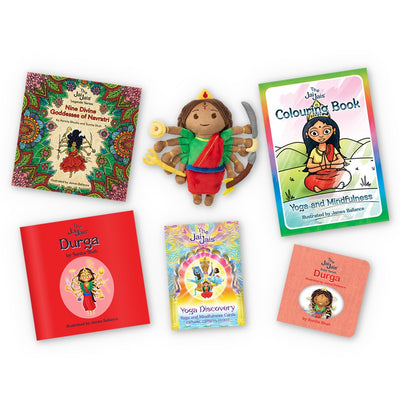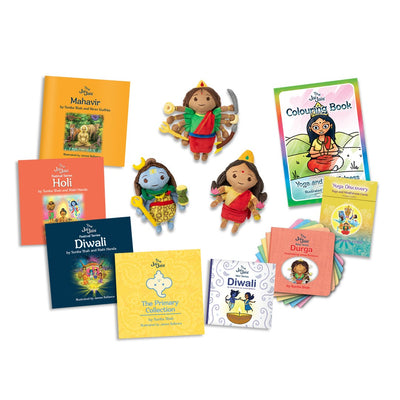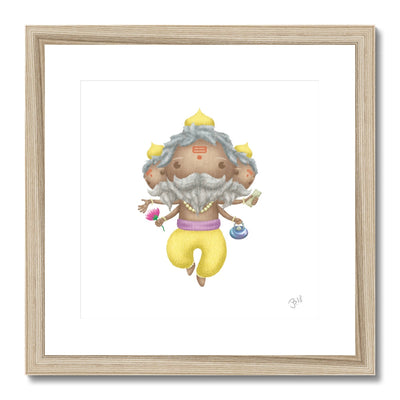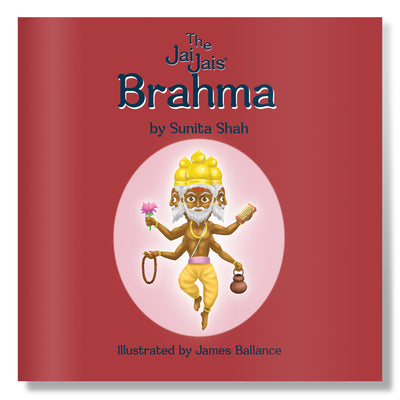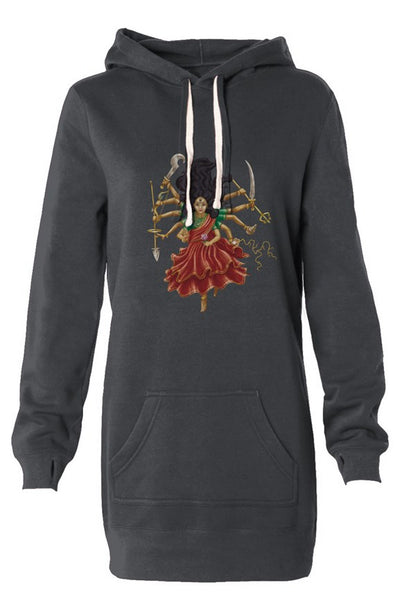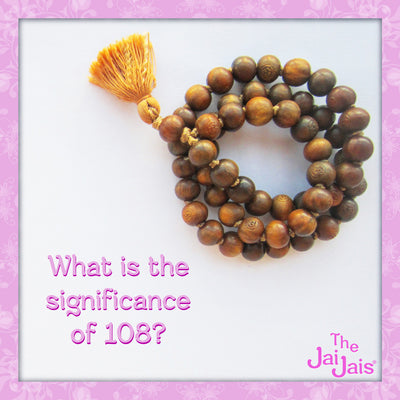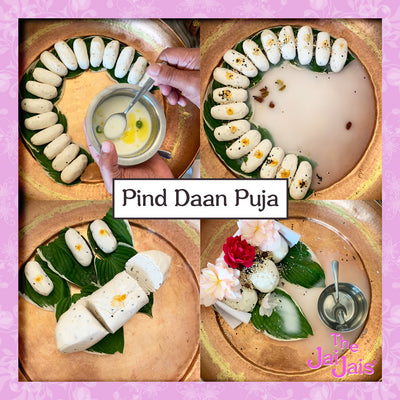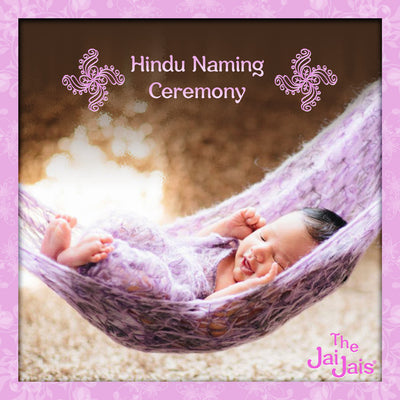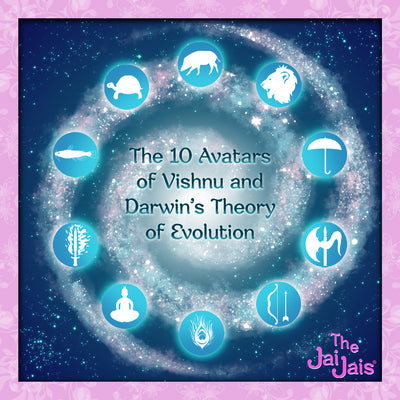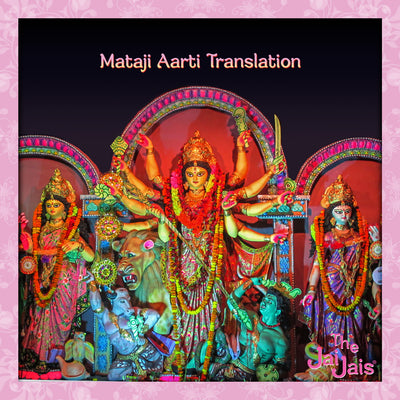The holy Hindu festival of ‘Nori Nem’ (*some people have variations of the name and spelling), is celebrated in Gujarat, India. The fast is observed by a group of women living closely in their neighbourhood. It is celebrated by women for the health and well-being of their children. “Nori” (Norio), means ‘Mongoose’. “Nem” means ‘ninth’. The day is celebrated on the ninth day of the holy month of Shravan.
On the day of Nori Nem, after bathing women dress in nice colourful clothes, to commence the ‘Nori Nem’ Pooja. To celebrate the festival they cook a simple meal. They cook five or seven sprouted beans (the beans have been pre-soaked and sprouted a couple of days before), this is known as “vadhu” in Gujarati. This is served with a millet chapati known as “rotlo”, and milk.
The pooja is performed with diva made of oil, and the offerings made are fruit, rice, milk, flowers, abil (white colour powder), gulal (pink colour powder), and Kukum (red coloured powder). The tradition is after this meal has been eaten, women should not to continue their daily chores, especially chopping and cutting food.
The story of Nori Nem is then retold with the woman in the villages eating and telling the story together.
THE TALE OF NORI NEM
In a remote village in India there lived a poor Brahmin (priest) and his wife (Gorma). After a number of years of marriage, they did not have any children. Infront of their hut there was a berry tree. A male and female bird sat on the tree near to the hut. The Brahmin had gone out, but his wife was lying in the veranda and heard the two birds talking. The birds were going to build a nest, when one of the birds said, ‘We cannot build a nest near this hut, as the wife could not conceive a child’. The bird continued to say, ‘A house without children is empty’. They both flew away back into the jungle.
The Brahmin’s wife understood the language of the birds. She was very upset hearing what they said. She began to pray to the god and goddesses; wishing that if she even had one child, her sorrows would end. She would bring up the child in the most caring and loving way.
In the meantime, the Brahmin returned, and she said to him that without children their house is empty and even the birds are upset. They flew away and would not build a nest next to a childless home she told him.
She then told her husband that she wanted to end her childless life. She pleaded to her husband that by evening he must bring her a child to adopt. The Brahmin replied that it is not easy to adopt a child by evening. He thought that her idea was crazy. Who would give up their beloved child to them? He told her why are you being so determined to adopt a child from anywhere. The woman told her husband that she will not eat any food until he returns with a child. She told him that he must bring home whoever he meets first, and that she will look after the child as her own. The Brahmin had no choice, as he loved his wife and wanted to make her happy. He always fulfilled her wishes, and he left the hut.
As the Brahmin was walking along in search of a child to adopt. The first child he came across was a baby mongoose. He took it with love and brought it home and put it in her lap. He said here is your son. His wife was very happy, she started to raise the mongoose like her own son. The wife cared for the mongoose day and night like her own son, feeding and loving the mongoose. Her dedication and love to the mongoose did not go unnoticed. The gods blessed her with her own son after nine months. She raised both the mongoose and her son equally.
One day she put her son in the cot and asked the mongoose brother to look after him whilst she went to get water. The mongoose nodded obediently. While she was away, a snake entered the house, and started to slither towards the baby. The mongoose knew that the snake would attack and kill his baby brother. The mongoose started fighting with the snake and they were exhausted. The mongoose shredded the snake to pieces. He was covered in the snake’s blood.
The mongoose felt that he had been very brave saving his brother. He thought, ‘Let me greet mother on the way home, and tell her that I saved my baby brother from a snake’. He thought his mother would be very happy. From afar the mother saw the mongoose’s face covered in blood and instantly thought he had attacked the baby. The mongoose son came close to his mother, she threw the clay pot full of water on the mongoose. The mongoose’s back broke, and she ran home. The mongoose dragged himself into the kitchen and hid in the buttermilk pot. When she entered the room the baby was laughing, happily playing in the cot. She deeply regretted her actions and wondered where the mongoose had gone, she wondered if she will ever see him again. She was so upset and cried looking for her mongoose son. She was exhausted and fell asleep for a little while, even her husband the Brahmin was very annoyed with her. He told her that what has happened has happened and we cannot change things.
The wife took an oath, she said that until I find my mongoose son I will not drink or eat. She continued with her daily chores and began to churn the buttermilk in the pot; where the mongoose was hiding. She added hot water and started churning, she saw pieces of the mongoose’s body floating on the top of the buttermilk. She became very distressed, she started to cry; what have I done she thought, ‘I threw a pot at him and now he is in pieces dead, and that with my own bare hands churning milk’. She felt so regretful and told her husband she will only return home once her mongoose son is alive. She will sacrifice herself for him, because of the mongoose’s blessings she got her own son.
On her way to resurrect her son the Brahmin’s wife came across lots of people asking her where she was going. She told them about her dead mongoose son and if they could help to resurrect him. People said this is impossible, she was dismayed but politely thanked them and continued her journey.
As she was walking, she came along a tree of berries. Sitting under the tree there was an old woman with dishevelled hair. The Brahmin’s wife told the old woman the story of her mongoose son. The old woman said to her it is impossible to revive the dead.
The old woman requested the Brahmin’s wife if she would be kind enough to look in her itching head. The Brahmin’s wife obliged and helped to relive the itch. The old woman was very pleased. The old woman then looked into the pot containing the parts of the mongoose’s dead body. As soon as the old woman touched the pot a miracle happened. The Brahmin’s wife heard a rumbling sound from the pot, the mongoose was alive! The Brahmin’s wife was happy and excited to see her mongoose son alive. The mongoose jumped out of the pot and sat in his mother’s lap.
Instantly the Brahmin’s wife realised that the old woman was not an ordinary human being but a goddess, the goddess known as ‘Nori Maa’. Nori Maa has super-natural powers to revive the dead and work miracles. Nori Maa said to the Brahmin’s wife today is an auspicious day, I revived your mongoose son, and we shall name this day as, ‘Nori Nem’; any woman who observes a fast on this day of Nori Nem will receive the blessing and protection of Goddess Nori Maa.
The ninth day of Shravan is the festival of Nori Nem to worship Nori Maa. It has shown the true dedication of a mother. Whoever fasts on this day will receive blessings and protection for their children. Couple who also want to be blessed with a child observe the fast for blessings.
Jai Nori Maa
Translated from Gujarati by my wonderful mum Neelaben Mistry and re-written by Sunita Shah and my dad Dalubhai Mistry.


